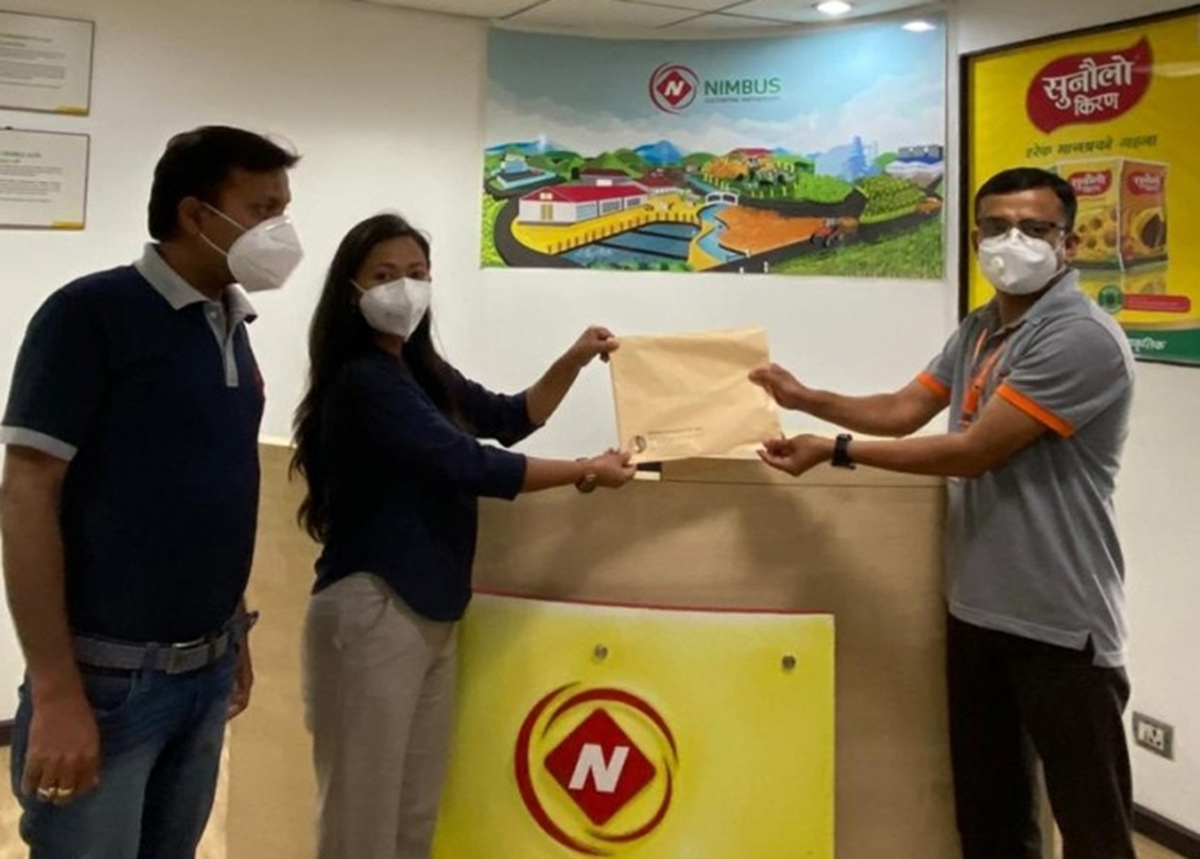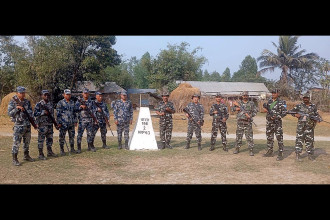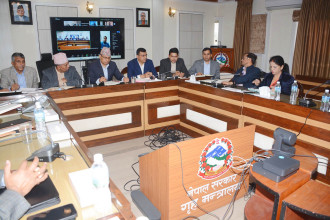
Many of the world’s low and middle income countries are still in the early stages of the COVID 19 pandemic, but the impact is already being felt. Health systems are strained in Ethiopia and Yemen; more medical staffs are needed in countries such as Haiti and Mongolia. Millions of children can’t go to school in Pakistan and need solutions for remote learning. The risks posed by the Coronavirus are especially high for millions of people who live in poverty or have only recently emerged from it.
The World Bank Group is acting quickly to step up support as countries respond to the COVID 19 crisis and face a wide range of consequences, including the risk of global recession. With approval from its Board, on April 3, the Bank Group immediately launched emergency support through operations around the world. And this urgent help to governments and companies is just the start of a broader effort. Given the unprecedented challenges that COVID 19 poses, the Bank Group expects to deploy up to $160 billion over the next 15 months to help countries protect the poor and vulnerable, support businesses, and bolster economic recovery.
In stressing the vital role that the World Bank Group institutions can play, President David Malpass noted that, “The poorest and most vulnerable countries will likely be hit the hardest.” He emphasised, “The World Bank Group is taking broad, fast action to reduce the spread of COVID-19 and we already have health response operations moving forward in over 65 countries.”
Special provisions for fast-track financing are allowing an initial group of World Bank projects totalling $1.9 billion to get underway quickly in 25 countries. Bank teams are also working with clients to rapidly redeploy a further $1.7 billion from existing projects to urgent pandemic response and recovery. This includes restructuring and use of projects’ emergency components as well as contingent financing instruments designed for catastrophes.
The focus of these first efforts is to help health systems tackle the immediate challenges of COVID-19. In addition to the World Bank projects, the emergency financing includes $8 billion from the International Finance Corporation (IFC), where work is underway to help the private sector cope with the pandemic. Experience from previous shocks shows that keeping companies solvent is key to saving jobs and limiting economic damage. In addition to new investments, IFC is extending trade finance and working capital lines to clients. Many Bank Group efforts will also continue to focus on smaller businesses, so that they can resume their key contribution to growth and jobs in many client countries.
Supplementing the direct assistance to governments and private firms, the Bank Group is working to address disruptions in global supply chains, so that countries have access to critically needed medical supplies. The World Bank is reaching out to suppliers on behalf of governments to help ensure that suppliers can deliver throughout the global emergency.
The Bank Group’s broader economic program is also quickly taking shape and could provide up to $160 billion in support to client countries over the next 15 months. One of its first components will be $6 billion for expedited loan guarantees from the Multilateral Investment Guarantee Agency (MIGA). This will enable the purchase of urgent medical equipment and provide working capital for companies, including smaller businesses, while also supporting governments’ short-term funding needs.
Published Date: June 22, 2020, 12:00 am
Post Comment
E-Magazine
RELATED B360 National




-1772617959.jpeg)
